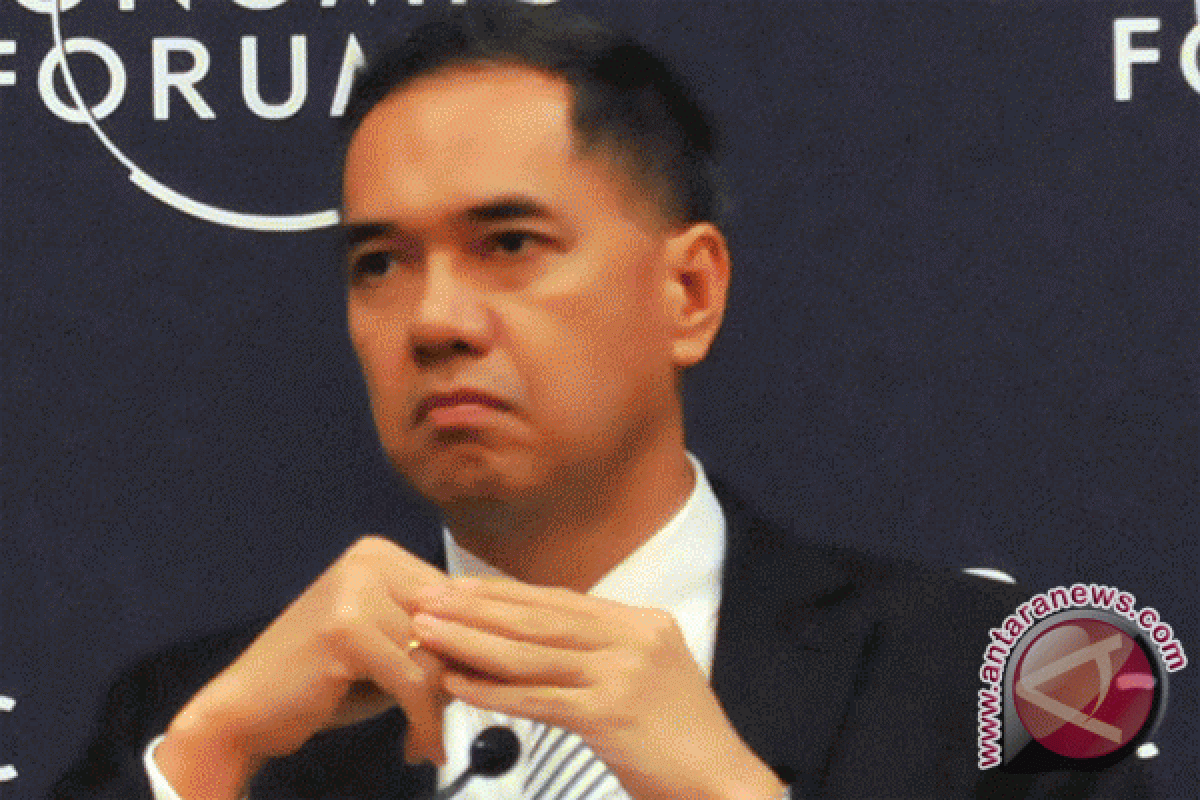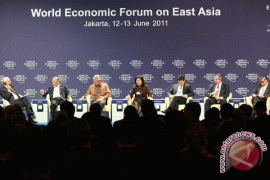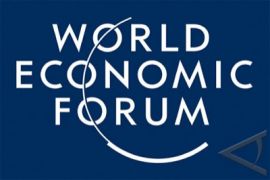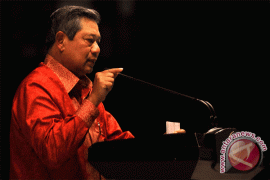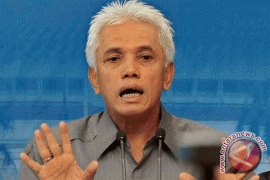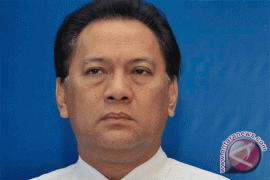"The region actually has enough money in private savings, sovereign wealth funds and central bank reserves to fund the infrastructure upgrades. The problem is that bottlenecks threaten to hold back the projects, including regulatory complexity, land use and the failure to funnel those funds into long-duration financial instruments," the WEF said in a press statement issued during the WEF-EA event .
Governments in Indonesia, India and elsewhere in Asia still are determined to build the required infrastructure to continue economic growth.
"Jakarta will have a mass transit railway system before I die," vowed Gita Wirjawan, Chairman of Indonesia`s Investment Coordinating Board (BKPM), said.
Admitting that infrastructure projects in the past had been excessively delayed, Wirjawan said that "game-changers" are being introduced to speed up the process, including a new land-use law that may be passed in the third or fourth quarter of 2011.
A large power plant in Java was recently announced, and a water treatment plant that was first planned during the presidency of Sukarno, Indonesia?s first leader, has garnered 29 expressions of interest.
In India, 11 kilometres of roads used to be constructed every year. Today, 10 kilometres are being built every day after the creation of the National Highways Authority. But a new mass transit system in Mumbai, on the drawing board for the past 20 years, has not been started.
"India is a mixed story," said Ajit Gulabchand, Chairman and Managing Director, Hindustan Construction Company. "There are grand successes, but also utter failures."
One problem is that the central and state governments are very strong, while city and other local governments do not have enough authority and autonomy ? and they are the ones that implement infrastructure projects.
Stuart T. Gulliver, Group Chief Executive, HSBC Holdings, United Kingdom and a Co-Chair of the World Economic Forum on East Asia, said that a mandatory provident fund scheme must be formed along with a mature insurance industry to build pools of long-term money.
In Asia ex-Japan, two jurisdictions "that have done well in infrastructure are Hong Kong and Singapore," he noted, "both of which had created mandatory provident funds ? and cleared red tape to enable construction of world-class infrastructure."
Some countries have not done as well because they do not know how to tender big projects, said John Rice, Vice-Chairman, GE, General Electric Company, Hong Kong SAR.
"There?s a lot of money around the world interested in investing in infrastructure," he said.
"Governments have the responsibility to create a level playing field and establish rules that are consistent and allow you to look forward a couple of decades," he added.
"Yes, it is messy, but there is hope," concluded Wirjawan, the BKPM chief, adding "We have to continue thinking big."
The Chinese came to Indonesia in 1992 to learn how to build toll roads, he recalled, and now they have surpassed Indonesia in road-making. But Indonesia and the rest of Asia are now moving to catch up and upgrade their own infrastructure.
(Tx.F001/HAJM/F001)
Editor: Priyambodo RH
Copyright © ANTARA 2011
